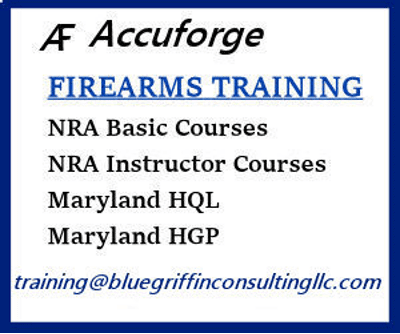iH8DemLibz
When All Else Fails.
The only thing Maryland has in the way of Castle Doctrine is that you have to Retreat from Castle room to Castle room to Castle room until you can no longer retreat.
At which point you're dead and your wife and daughter are gang raped.
This State has zero concept of self defense. Unless, of course, you're some kind of Big Wig. Then you can have all the guns and body guards you can afford.
We lower class are having our rights methodically dismantled and they are going to beat us down until we accept it and get used to it.
Everyone needs to stand up and be counted in 2014 or this country is toast.
Oh! And go DINO.
At which point you're dead and your wife and daughter are gang raped.
This State has zero concept of self defense. Unless, of course, you're some kind of Big Wig. Then you can have all the guns and body guards you can afford.
We lower class are having our rights methodically dismantled and they are going to beat us down until we accept it and get used to it.
Everyone needs to stand up and be counted in 2014 or this country is toast.
Oh! And go DINO.


